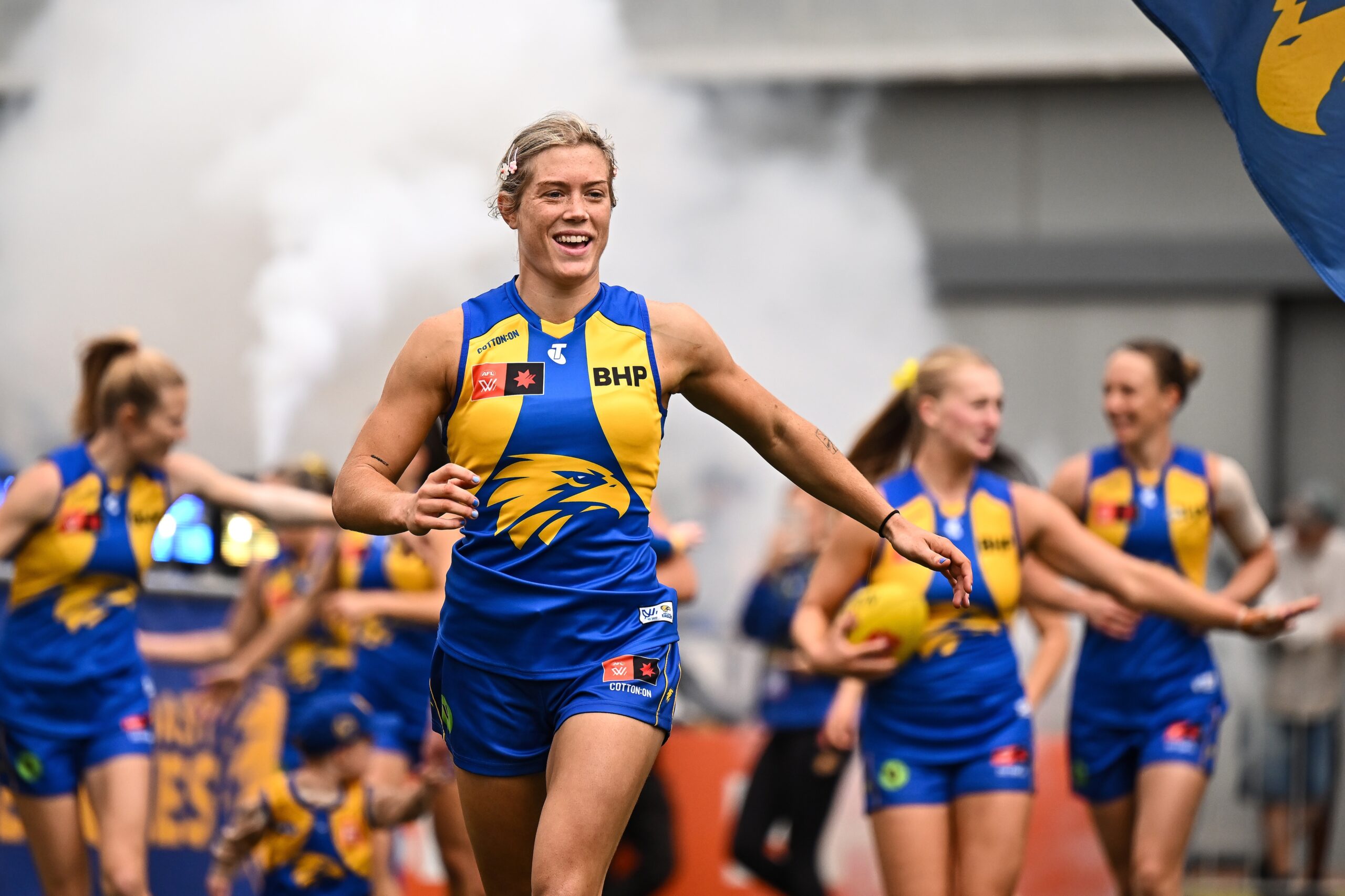
News Corp’s chief executive, Robert Thomson, has announced plans to forge new partnerships with technology companies, emphasizing the need for intellectual property to prevent artificial intelligence from becoming “empty, ignorant infrastructure.” These remarks were made during News Corp’s quarterly results presentation in the United States, highlighting the ongoing tension between publishers and the tech sector over content access.
The media giant, which operates major mastheads in the US, UK, and Australia, reported a 2% increase in quarterly revenue to $US2.14 billion, buoyed by strong earnings from its majority-owned REA Group, the proprietor of realestate.com.au. However, the company faces challenges as advertising revenue from its global newspaper operations dropped by 4% due to declining print and digital advertising, particularly in Australia.
AI and Intellectual Property: A Global Debate
Thomson’s comments come amidst a broader debate over whether technology firms should be exempt from copyright rules that prevent companies from mining text and data to train AI models. Publishers worldwide have criticized AI models for accessing news content without compensation. In Australia, discussions continue over the implications of such exemptions.
“Information and sophisticated data are the essence of AI, and without these essential ingredients, AI is but empty, ignorant infrastructure,” Thomson stated.
The Guardian has similarly pursued commercial licensing deals with AI companies, signing a global agreement with OpenAI, the creators of ChatGPT, in February. This reflects a growing trend among publishers to secure their intellectual property rights in the face of advancing AI technologies.
Challenges in the Media Industry
News Corp’s efforts to increase subscription revenue in Australia by raising cover prices have seen a rise in digital subscribers. However, the decline in advertising revenue underscores the challenges facing traditional media companies as they adapt to digital transformations and shifting consumer habits.
Meanwhile, Nine Entertainment has called for political action against US tech giants that scrape news content without payment, highlighting the pressures faced by the industry. Catherine West, Nine’s chair, criticized American tech platforms for their disregard for accurate information and Australian culture.
“Generative AI platforms [are] scraping our news platforms to train their systems without Nine’s permission or any payment,” said Matt Stanton, Nine’s chief executive, urging the Albanese government to amend the news media bargaining code.
Implications and Future Directions
The media landscape is evolving rapidly, with AI and digital platforms playing increasingly significant roles. News Corp’s strategy to partner with tech companies may set a precedent for other media organizations seeking to protect their content and revenue streams. The company’s focus on intellectual property rights could influence future regulations and industry standards.
As the debate over AI and intellectual property continues, media companies must navigate these challenges while adapting to new technologies and consumer preferences. The outcome of these discussions will likely shape the future of journalism and content distribution in the digital age.
Looking ahead, News Corp’s anticipated partnerships with technology firms could provide a blueprint for other media organizations facing similar challenges. The company’s approach to intellectual property and AI will be closely watched as the industry seeks to balance innovation with the protection of its core assets.






